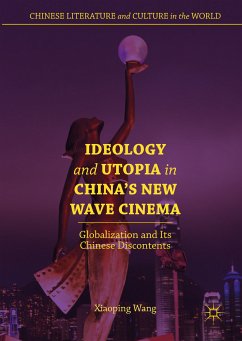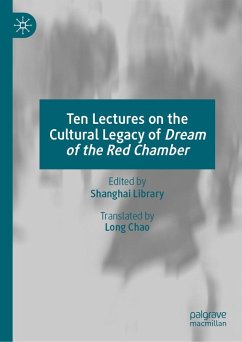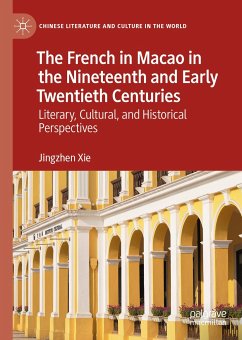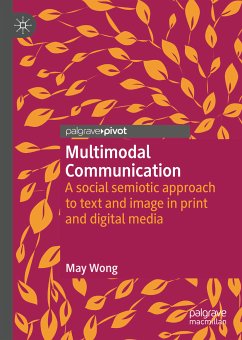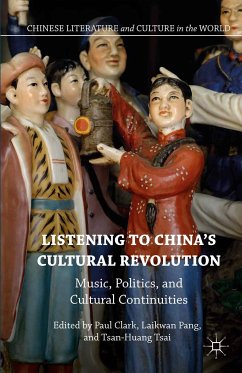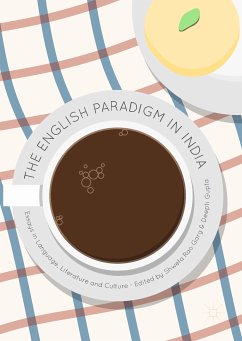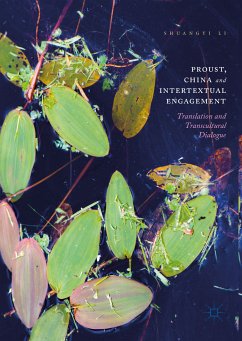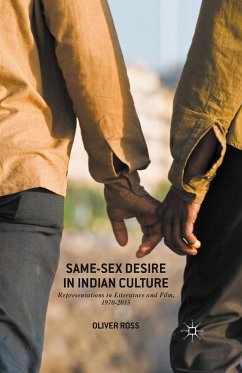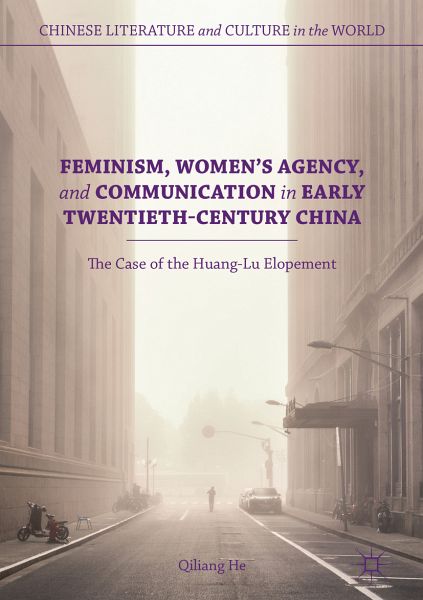
Feminism, Women's Agency, and Communication in Early Twentieth-Century China (eBook, PDF)
The Case of the Huang-Lu Elopement
Versandkostenfrei!
Sofort per Download lieferbar
64,95 €
inkl. MwSt.
Weitere Ausgaben:

PAYBACK Punkte
32 °P sammeln!
Feminism, Women's Agency, and Communication in Early Twentieth-Century China focuses on a sensational elopement in the Yangzi Delta in the late 1920s to explore how middle- and lower-class members of society gained access to and appropriated otherwise alien and abstract enlightenment theories and idioms about love, marriage, and family. Via a network of communications that connected people of differing socioeconomic and educational backgrounds, non-elite women were empowered to display their new womanhood and thereby exercise their self-activating agency to mount resistance to China's patriarc...
Feminism, Women's Agency, and Communication in Early Twentieth-Century China focuses on a sensational elopement in the Yangzi Delta in the late 1920s to explore how middle- and lower-class members of society gained access to and appropriated otherwise alien and abstract enlightenment theories and idioms about love, marriage, and family. Via a network of communications that connected people of differing socioeconomic and educational backgrounds, non-elite women were empowered to display their new womanhood and thereby exercise their self-activating agency to mount resistance to China's patriarchal system. Qiliang He's text also investigates the proliferation of anti-feminist conservatisms in legal practice, scholarly discourses, media, and popular culture in the early Nanjing Decade (1927-1937). Utilizing a framework of interdisciplinary scholarship, this book traverses various fields such as legal history, women's history, popular culture/media studies, and literary studies to explore urban discourse and communication in 1920s China.
Dieser Download kann aus rechtlichen Gründen nur mit Rechnungsadresse in A, B, BG, CY, CZ, D, DK, EW, E, FIN, F, GR, HR, H, IRL, I, LT, L, LR, M, NL, PL, P, R, S, SLO, SK ausgeliefert werden.



